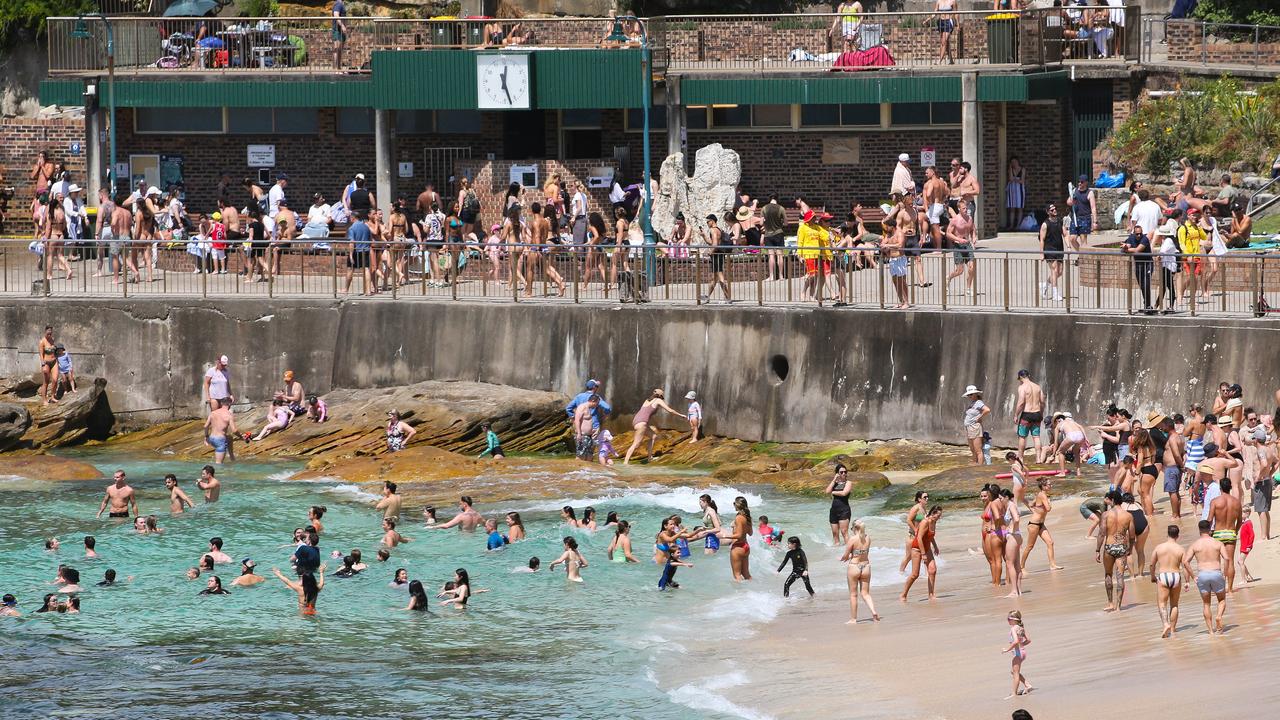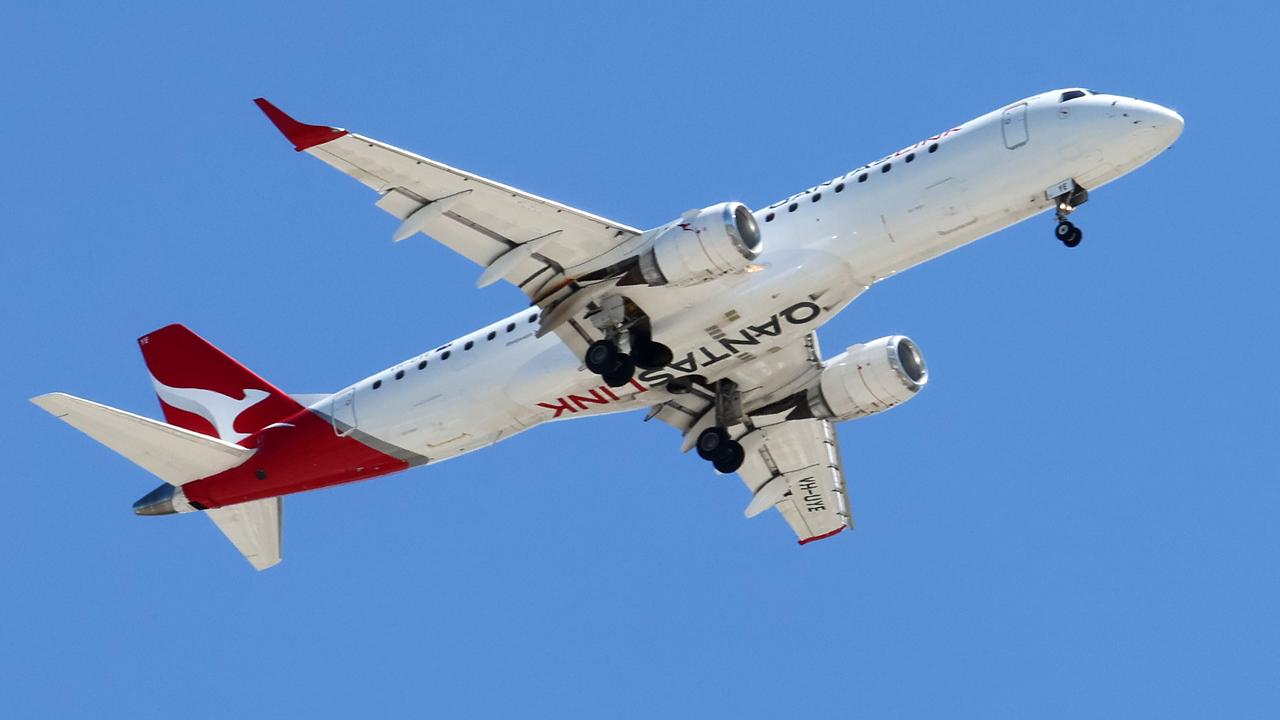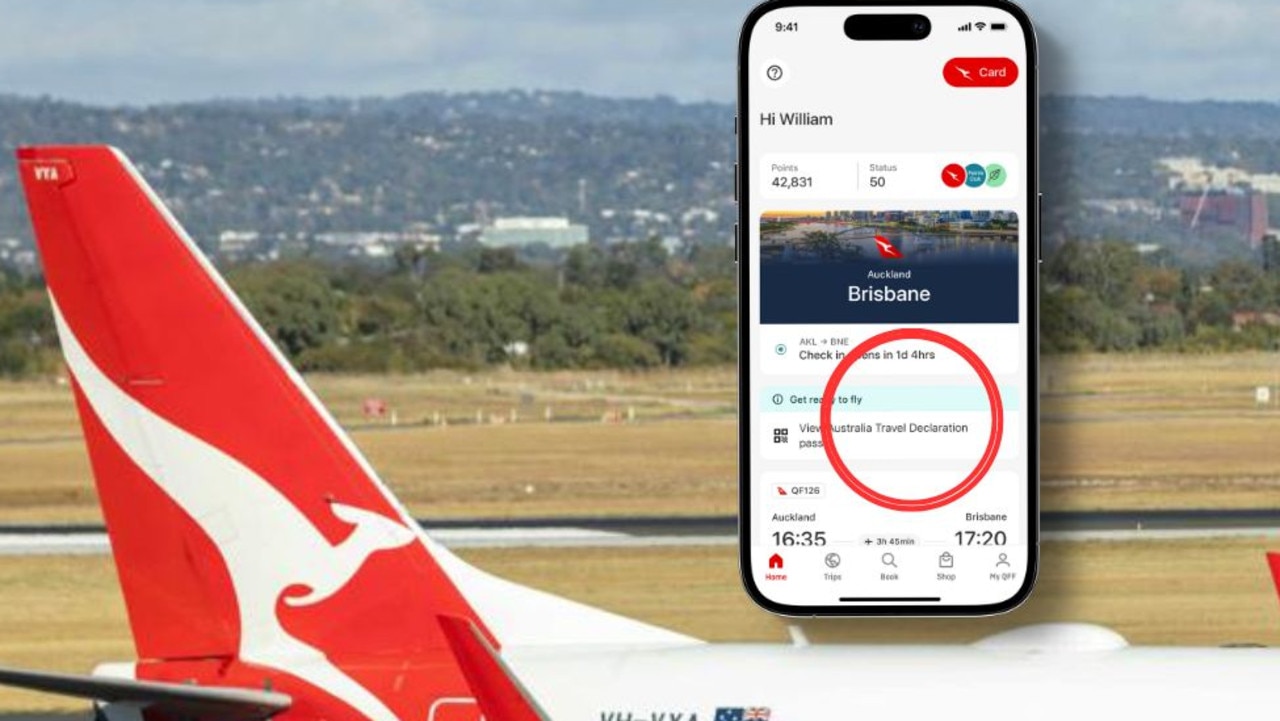How to lessen the pain of theft while overseas
IT'S that dreaded moment when you realise your wallet - along with all your cash and credit cards - is missing. Even worse: you're miles away from home. Here's what to do.
IT'S that dreaded moment when you realise your wallet - along with your cash and credit cards - is gone. And even worse - you're miles away from home.
We speak to Jeremy Cabral, publisher of personal finance comparison website CreditCardFinder.com.au, to find out how to deal with money dramas overseas.
A holiday can go pear-shaped quickly if your money is stolen. Luckily, or unluckily - depending on how you look at it - banks deal with thefts on a regular basis, so it's not a huge issue anymore. Here are the steps you should take if you find yourself overseas with nothing in your pocket.
Regardless of whether you carry cash, cards or cheques, the first port of call is to make a report with the local police. This may seem unnecessary - after all, how often do you hear of theft victims getting their stuff back?
However, reporting your theft to the local police is more about getting a written crime report to help you make a travel insurance claim, not about getting your money back.
Travellers cheques
If you were using travellers cheques, call the emergency number for your cheque provider and report them as stolen. The sooner you do this the sooner you'll get your funds back, as they can usually replace cheques within 24 hours if you've kept a copy of your receipt and serial numbers on you. Prepare to wait longer if you haven't got these with you.
Credit and debit cards
Call your bank's emergency number, have your cards blocked immediately and request an emergency replacement card. Some card providers provide these free of charge and can even organise an emergency cash advance to be delivered through your card's payment scheme network such as MasterCard, Visa or American Express.
Travel money cards can provide extra security in situations like these. They usually come with a back-up card which is helpful in the event one is stolen. Your name doesn't appear anywhere on the card and it isn't linked to your bank account.
Cash
If your wallet and a large amount of cash were stolen you may want to call home and arrange a money transfer. Some travellers say a good way to do this is by using your credit or debit card. That's because if you remember your card number and security code you may be able to use it to pay for the transfer yourself, without needing to involve family or friends. Once the transaction goes through make sure you protect your card to stop thieves from using it.
If your bank is a global business such as Citibank or HSBC you may even be able to get money transferred from your account to a branch close by.
What if your identification has been stolen?
If your ID has also nabbed it'll make it impossible to receive a money transfer unless you have it transferred to a friend, or get your ID replaced. Organising a replacement passport will require you to find the closest Australian embassy are and prove your identity through an interview, or by having copies of any identification back home faxed over.
C laim through your travel insurance
Before leaving on your trip, familiarise yourself with your insurance policy. This will help if you're the victim of theft or lose your money while overseas. If your money is stolen contact your insurance provider and let them know immediately, as many providers will require proof from local authorities to be obtained in under 24 hours.
Contact DFAT if you need emergency assistance
A Department of Foreign Affairs and Trade (DFAT) spokesperson said: "One of the most common requests our embassies receive is for assistance to travellers who have either been victims of a robbery or theft, or have lost valuables, money or passports.
The consular staff at our embassies can provide assistance including small emergency loans in genuine emergency situations. The loan is made on the basis of a signed, legal undertaking to repay in full. You may also be required to surrender your passport and you may not be issued with a replacement until the debt is repaid.
We strongly encourage all Australian travellers to:
1. Register your travel plans and contact details through Smartraveller. The registration information you provide will help us to contact or find you in an emergency - whether it is a natural disaster, civil disturbance or family emergency.
2. Subscribe to receive email updates when the travel advice for your destinations is updated, and read the travel advice concerning the locations you plan to visit; and
3. Take out comprehensive travel insurance that covers all their planned activities for your entire trip. Travel insurance is as essential as your passport, regardless of your travel destination. If you can't afford travel insurance, you can't afford to travel."
Tips to get your holiday back on track in the event of theft
Preventing yourself from becoming a victim while overseas can be difficult if you're the prey of a seasoned criminal, but there are some steps you can take to get your trip back on track.
• Use a secret money compartment in your clothing e.g. a pocket underneath your shirt or a pair of shorts underneath your pants.
• Make hard copies of your documents and cards before leaving and email these to yourself as well so you can get access to them no matter where you are in the world.
• Write down your bank's global emergency number and familiarise yourself with the process of having a replacement card sent to you. Also let them know you're travelling overseas and for how long.
• Keep a small amount of cash hidden away in case of emergencies.
• Make use of the hotel safe (if available). It's usually free, and gives you added peace of mind.
Jeremy Cabral is the personal finance expert for CreditCardFinder.com.au.



